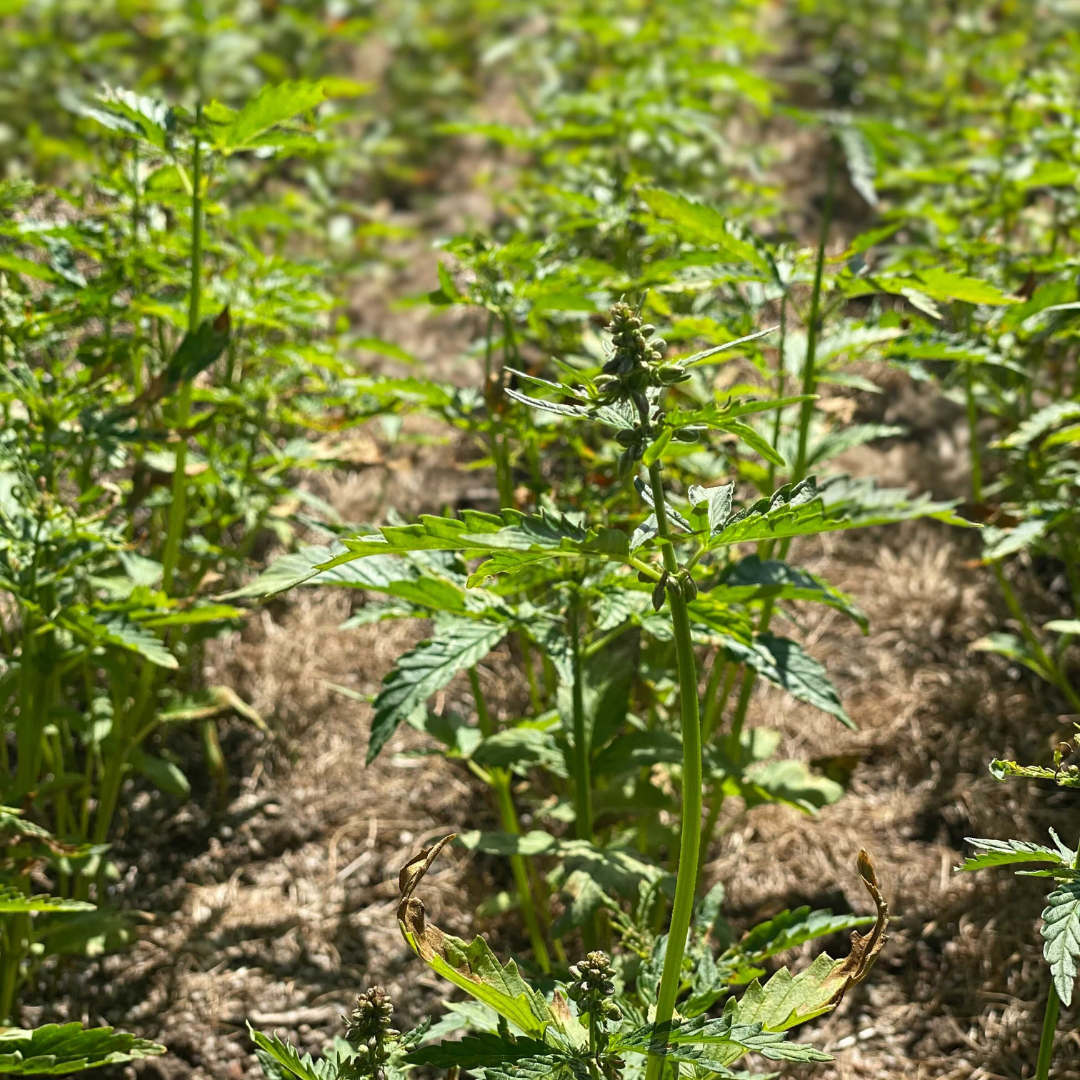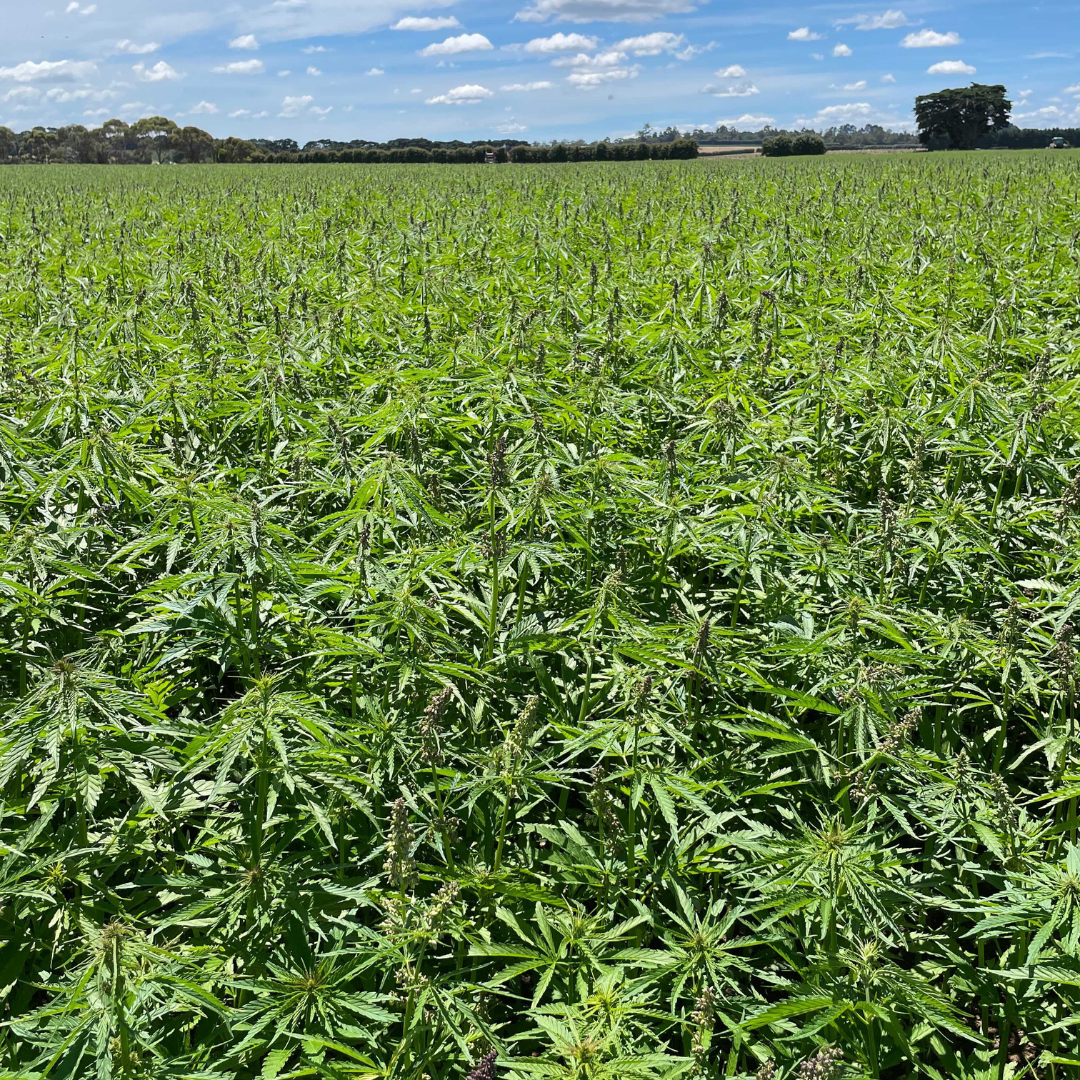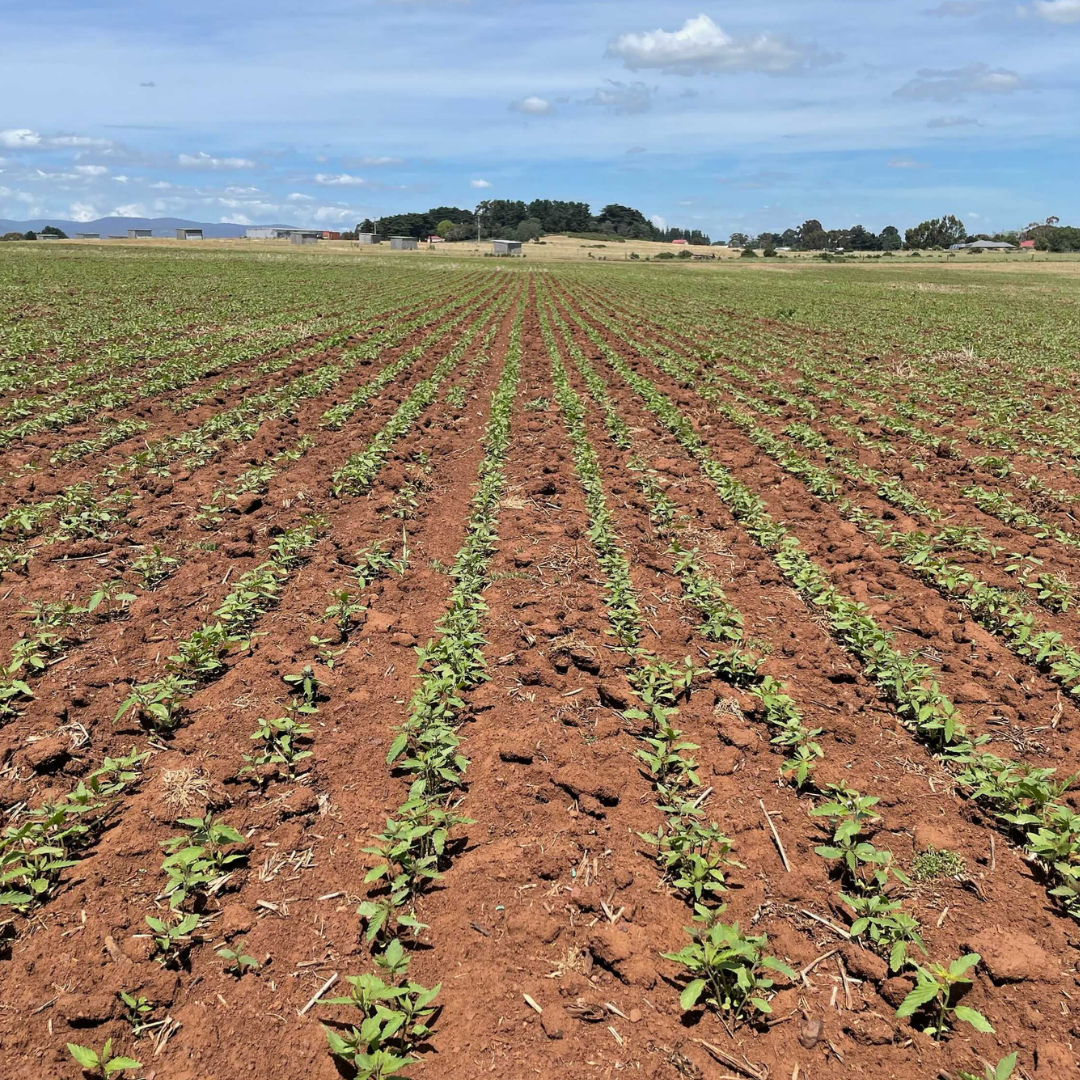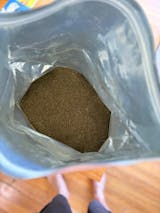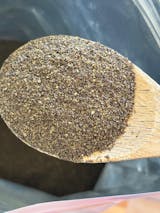
As the demand for food grows, so too does the awareness that we can’t keep taking from the soil and environment without giving back.
Enter, sustainable farming.
While many of us have loosely heard of the concept, few people understand what is meant by sustainable farming.
Sustainable farming is a term that refers to producing food, fibre or animal products in a way that meets our current needs — without compromising the needs of future generations.
So why is sustainable farming important? And what is sustainable farming when put into practice?
Let’s dig deeper.
H2: What is sustainable farming, exactly?
Sustainable farming is adopting farming methods that are beneficial — both now and in the future — for food availability, resources, employment, biodiversity, and entire ecosystems. It’s a multifaceted concept, encompassing issues ranging from soil degradation all the way to fair wages.
The term “sustainable farming” is often used in exchange with “regenerative agriculture.” But the key difference is sustainable farming seeks to maintain systems without making them worse, whereas regenerative agriculture not only minimises harm — but reverses it.
Many of the techniques overlap between sustainable farming and regenerative agriculture.
H2: Why is sustainable farming important?
In a world with a growing population and increased reliance on our precious resources, there are so many reasons why sustainable farming is important.
Sustainable farming aims to…
- Promote food security
- Protect biodiversity
- Maintain healthy ecosystems
- Provide economic welfare
- Meet the needs of future generations
H2: Sustainable farming practices
The process of tillage (turning over the soil) can negatively impact the soil quality. Reduced or no-till practices work to conserve the soil, minimise disturbance and maintain the organic matter by planting the seeds directly into undisturbed soil.
When soil is left bare, it can erode and be stripped of its nutrients. By planting cover crops (plants between the main cash crops) you can increase soil carbon and organic matter, keeping weeds in check and reducing erosion.
Planting multiple plant species at a time (polyculture farming) can add varied nutrients to the soil and control pests, leading to healthier soil and better productivity.
Agroforestry is when farmers incorporate trees and shrubs into their land to protect their crop, while improving soil, air and water quality.
An environmentally conscious, common-sense approach to pest management. It uses a range of biological, cultural and physical tools to control pests while minimising the use of chemicals wherever possible.
H2: Hemp and sustainable farming
Hemp is often celebrated for its nutritional benefits. But what’s a little less known is its role in sustainable farming.
For starters, hemp has a deep root system that helps to prevent erosion and encourage soil microbes. It requires minimal chemicals to grow and can remove four times more carbon than any other forest or commercial crop. Plus, it requires much less water than crops like cotton and almond.
But what’s particularly remarkable about hemp is how fast it grows. With a 120-day harvest cycle, hemp is the perfect crop to grow in between other seasonal crops, restoring the degraded soil and reducing pests and weeds.
At Australian Primary Hemp, we’re committed to ongoing sustainable farming efforts and raising awareness about the social, environmental and economic benefits of hemp. We work closely with farmers in Victoria, Tasmania and New South Wales, helping them incorporate hemp into their operations so they can produce the best crops possible.
If you’re interested in learning more about sustainable farming, hemp as a cover crop or the work we do at Aus Primary Hemp, we would love to hear from you.
Resources:
https://www.ucsusa.org/resources/what-sustainable-agriculture
https://sarep.ucdavis.edu/sustainable-ag
The Essentials of Conservation Biology Sixth Edition – Richard B. Primack



